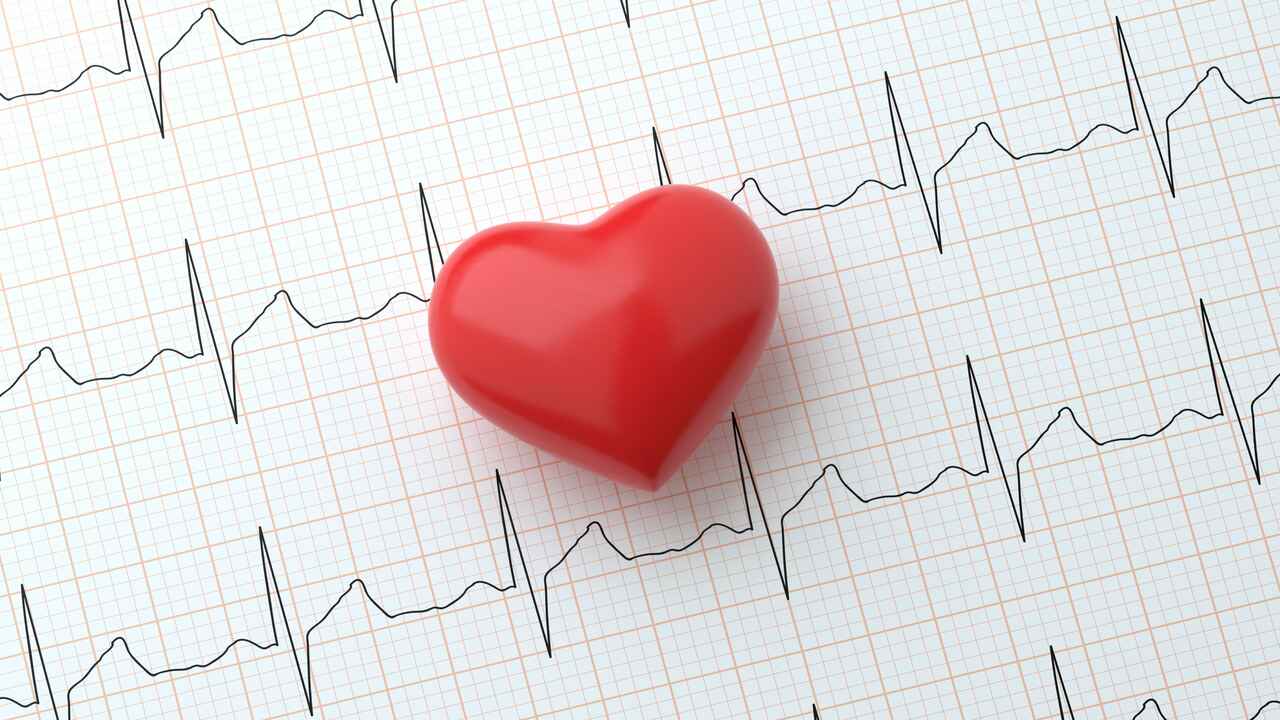
This common heart arrhythmia can lead to serious complications, including stroke.
Do you ever feel your heart skip a beat? If so, it may not be that you’re falling in love—you could have atrial fibrillation.
Atrial fibrillation, more commonly known as AFib, is a condition that affects 2.7 million Americans. It is suspected that even more people have the condition but don’t know it because they have no symptoms. This type of heart arrhythmia affects the upper chambers of the heart (the atria) and leads to an irregular or quivering heartbeat.
AFib and Stroke
AFib can lead to serious medical complications, with the most serious being that it increases the risk for stroke. The irregular rhythm of the heart can cause blood to pool in the atria, causing it to clot. If a clot forms and then travels through your body, it may block blood flow to your brain and cause a stroke.
People who have atrial fibrillation are five times more likely to have a stroke and nearly one in six strokes is caused by AFib. Strokes caused by AFib are also twice as fatal or disabling as strokes not caused by the heart condition.
AFib Symptoms
Symptoms of AFib may include:
-
- Heart palpitations or fluttering
- Irregular heartbeat
- Chest pain
- Lightheadedness or dizziness
- Shortness of breath
- Fatigue
If you experience any of these symptoms, you should see a doctor.
AFib Risk Factors
Certain lifestyle choices can increase the likelihood of developing AFib. These include:
-
- Smoking
- Heavy alcohol or caffeine consumption
- A poor diet that’s high in saturated fats
Other risk factors include:
-
- Advanced age (age 60+)
- High blood pressure
- Obesity
- Diabetes
- Thyroid disease
- Chronic kidney disease
- Obstructive sleep apnea
- High cholesterol
- Heart disease
- Family history of AFib
AFib Prevention
Although you can’t completely prevent AFib, you can lower your risk of developing this condition through heart healthy lifestyle choices, including regular exercise, avoiding excessive amounts of alcohol and caffeine, not smoking, maintaining a heathy weight and eating a healthy diet low in sodium, saturated fat, trans fats and cholesterol. Studies have also shown that a Mediterranean diet—a diet focused on eating fish, olive oil, fruits, vegetables, whole grains and nuts—can help reduce the risk of AFib.
AFib Treatments
Treatments for AFib may include medications and/or medical interventions aimed at altering the heart’s electrical system and reducing the risk of blood clots to lower the risk of stroke.
Copyright 2021 © Baldwin Publishing, Inc. All rights reserved.
Health eCooking® is a registered trademark of Baldwin Publishing, Inc. Cook eKitchen™ is a designated trademark of Baldwin Publishing, Inc. Any duplication or distribution of the information contained herein without the express approval of Baldwin Publishing, Inc. is strictly prohibited.
Date Last Reviewed: July 19, 2021
Editorial Review: Andrea Cohen, Editorial Director, Baldwin Publishing, Inc. Contact Editor
Medical Review: Perry Pitkow, MD
Learn more about Baldwin Publishing Inc. editorial policy, privacy policy, ADA compliance and sponsorship policy.
No information provided by Baldwin Publishing, Inc. in any article is a substitute for medical advice or treatment for any medical condition. Baldwin Publishing, Inc. strongly suggests that you use this information in consultation with your doctor or other health professional. Use or viewing of any Baldwin Publishing, Inc. article signifies your understanding and agreement to the disclaimer and acceptance of these terms of use.